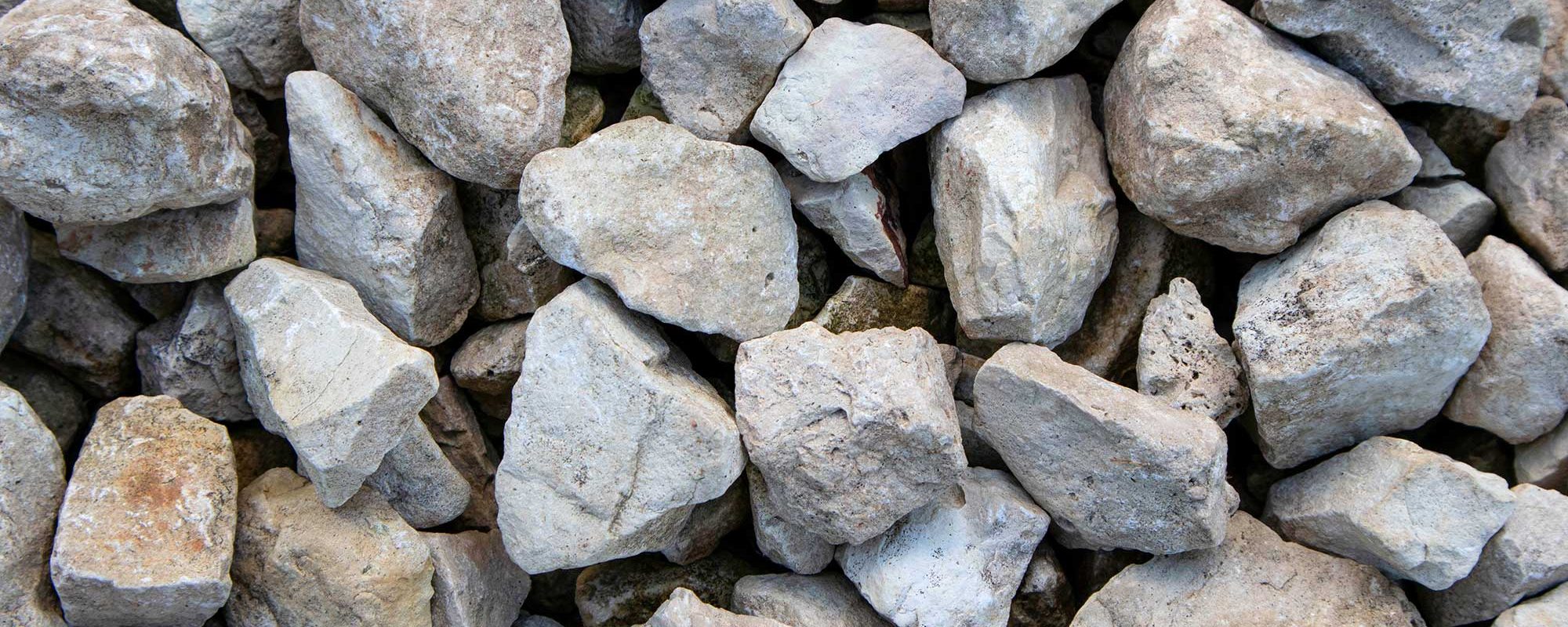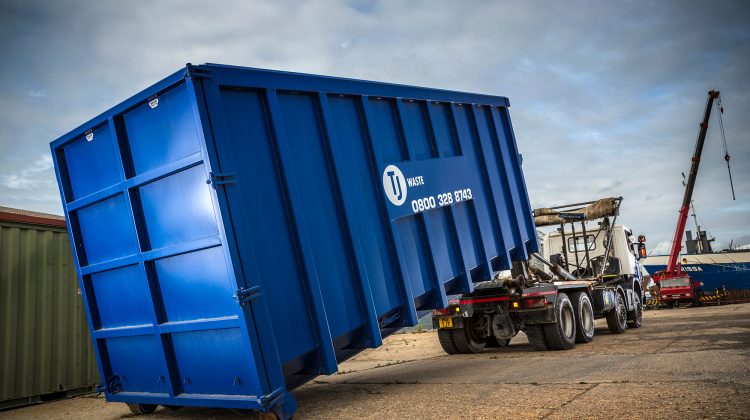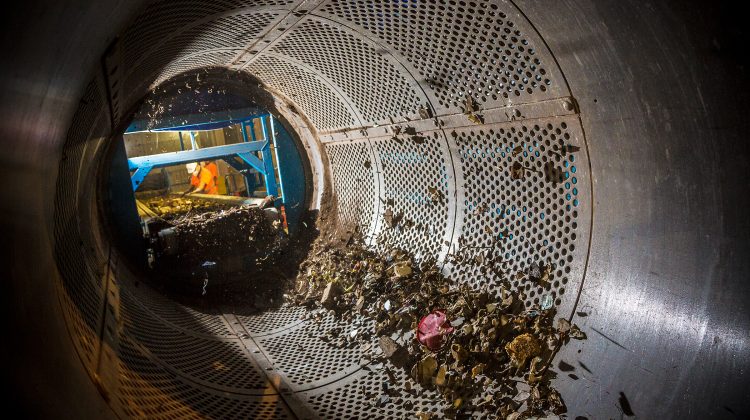The UK is the ninth largest manufacturing nation in the world, with the total value of UK manufacturers’ product sales totalling £396.6 billion in 2019. Manufacturing equates to 11% of the UK’s GVA and employs 2.7 million people.

We source and supply both primary limestone and our own recycled aggregate known as iBlend. These two materials are sub base aggregates, usually used beneath highways and construction projects of all sizes.
Type 1 limestone and Type 1 iBlend share many of the same qualities making them suitable for similar purposes. If different aggregates can be used for the same purpose, how do you decide which to go for? Here we explore the similarities and differences between the two to help you decide which may be best suited to your project…
Type 1 limestone is classed as a primary aggregate because it comes from quarries and will not have been used before, whereas Type 1 iBlend is a recycled material, made largely from rubble.
Limestone can be supplied in very vast quantities so if you need large volumes of sub base aggregate, Type 1 limestone could be the perfect choice.
Although limestone is available in large quantities, there may be regional stock shortages during periods of high demand.
As limestone is a primary aggregate it is usually more expensive than its recycled alternatives. It costs more to extract limestone from the quarry than it does to make recycled crushed concrete, so if you opt for limestone, you need to be prepared to pay a bit more for it.
You will also need to consider the cost of transportation. As the nearest limestone quarry is in the Mendips, if you are a company based in Hampshire (or the surrounding counties) the cost to transport it to the south coast will be factored into the overall cost.
Type 1 iBlend is a recycled aggregate made from rubble. TJ obtains this rubble from construction sites as part of their muck away and grab hire services and also accepts rubble waste directly into their Butser site from commercial companies for this purpose. This is great as not only is it diverting waste from landfill, but it’s also putting unwanted materials to good use.
How much you need and the size of your project will determine if iBlend is the right choice for you. If you need huge amounts, it may not be the easiest material to get hold of as it relies on supply of rubble from the construction industry. How much is available will vary so you’ll need to enquire to find out if the amount you require is obtainable at the time you need it.
If you require smaller quantities, iBlend is the ideal choice as it’s produced at Butser Quarry near Petersfield so if you’re Hampshire-based it will be easy to access. If rubble supply has been plentiful (enabling iBlend to be produced), it should be easy to get hold of quickly.
As a recycled aggregate that is produced from materials that have already been used, the cost to make them is usually far lower than that of quarrying a primary product. This could represent a significant cost saving compared with a material like Type 1 limestone, so this is something to bear in mind if the budget is tight.
There is higher demand for these aggregates in the spring, summer and autumn, when the majority of construction works requiring sub base materials take place. Likewise, this is also the time when the construction projects that generate the rubble used to make iBlend are most active, so this is a busy time for the production of this product.
One of our case studies details more about supply and demand of our recycled aggregates. Following high demand for recycled bulk fills throughout 2020, TJ began exploring ways of increasing supply of blended recycled and secondary engineering fill materials. This will help manage costs for key clients as these materials cost significantly less than primary aggregates.
TJ has also been engaging with clients about the use of Rock Chalk from Butser Quarry within their projects. Rock Chalk is strong and plentiful, which makes it ideally suited for deep fill on construction and groundworks projects. Chalk is a type of limestone so it shares many of the same qualities. TJ owns Butser Quarry, a rock chalk quarry, supplying materials to the construction and agricultural industries across the southern counties and beyond.
Our 6F5 (Graded) Rock Chalk is a primary general fill aggregate; supplied as an ‘as crushed’ product that is most commonly used for capping, laid over terram to raise and level natural ground ready for a Type 1 sub base. It is used extensively in the construction industry – read some of our case studies to find out more….
Butser Quarry is known for its supply of rock chalk, but hadn’t been used for some years when TJ purchased it in 2017. Chalk is the strongest naturally-occuring material in Hampshire and TJ recognised its value and now utilises it in several forms – as crushed chalk, ‘as dug’ chalk, gabion rock chalk and ag lime chalk.
After acquiring the Butser site near Petersfield, TJ spent invested time getting the site ready for use. The team came up with a plan to make it operational, which they carried out. An excavation plan was put in place to ensure safe, efficient and sustainable quarrying for years to come.
We supply a range of aggregates for delivery or collection in 5-29 tonne loads. You can even get an instant online quote for your required aggregate or give us a call on 08000 463 964 if you wish to discuss your requirements.

The UK is the ninth largest manufacturing nation in the world, with the total value of UK manufacturers’ product sales totalling £396.6 billion in 2019. Manufacturing equates to 11% of the UK’s GVA and employs 2.7 million people.

With the UK’s population continuing to grow, the waste industry is under increasing pressure, and the need for innovative, sustainable solutions has never been greater. From staggering statistics to surprising insights, check out our 10 shocking waste facts that might just change the way you think about rubbish.

Barney joined TJ Waste in February as an Operations Administrator and is enjoying learning all about the waste industry. Outside of work Barney is an avid football fan and plays five-a-side once a week. He also enjoys live music, Formula 1 and MotoGP.
Change your stored postcode to update prices for your location.
Notifications